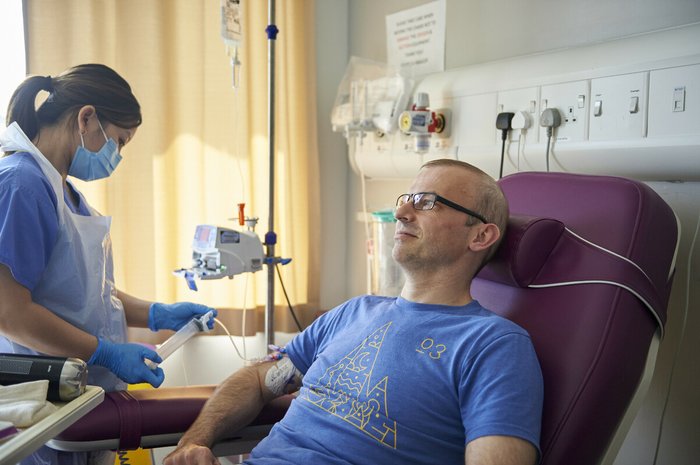What is advanced care planning?
Advanced care planning helps patients plan for their future and express their preferences in a supportive way - it's an incredibly important part of caring for any patient with blood cancer.

Overview
Advanced care planning is a voluntary process that involves discussing future uncertainties with patients and finding out their preferences for treatment and care.
The nature of blood cancer as a condition fluctuates with highs and lows. For some, the lows may be serious where their lives are at immediate risk. Therefore advance care planning (ACP) is important to carry out while people are well, so they can think about and express what’s important to them.
Allowing patients the opportunity to understand their options and think about their preferences is a part of effective treatment planning and holistic care. Through advance care planning, you could empower patients to discuss their wishes not only with you but with their families if they have not done so already.
Purpose and benefits
Advanced care planning provides an opportunity for healthcare professionals to:
- Enable patients to express their preferences about their treatment and empower them with a sense of control over their health.
- Foster stronger relationships with patients, and reduce compassion fatigue and burnout by knowing that they are providing the care that a person would have wanted.
- Use advance care planning tools to document and communicate discussions.
- Help create a smoother transition if a patient progresses to end of life, allowing timely support from hospice and community teams.
General discussion points
Depending on the patient and their particular circumstance, you may want to think about focusing the conversation around:
- Treatments they would not want to have should they be unlikely to be of much benefit. For example, advance decisions to refuse certain treatments.
- A patient’s preferences about future care if their disease stops responding to treatment. For example, where they wish to be cared for, who their main support network is, and what matters most to them.
- Discussing with a patient that in some situations, particular treatment methods (such as ITU or CPR), may be inappropriate or unlikely to be effective.
- When the patient thinks the symptom burden would be too great for them to want to continue with treatment.
We have more detailed information about what topics to talk about when navigating the discussion around advanced care planning.
